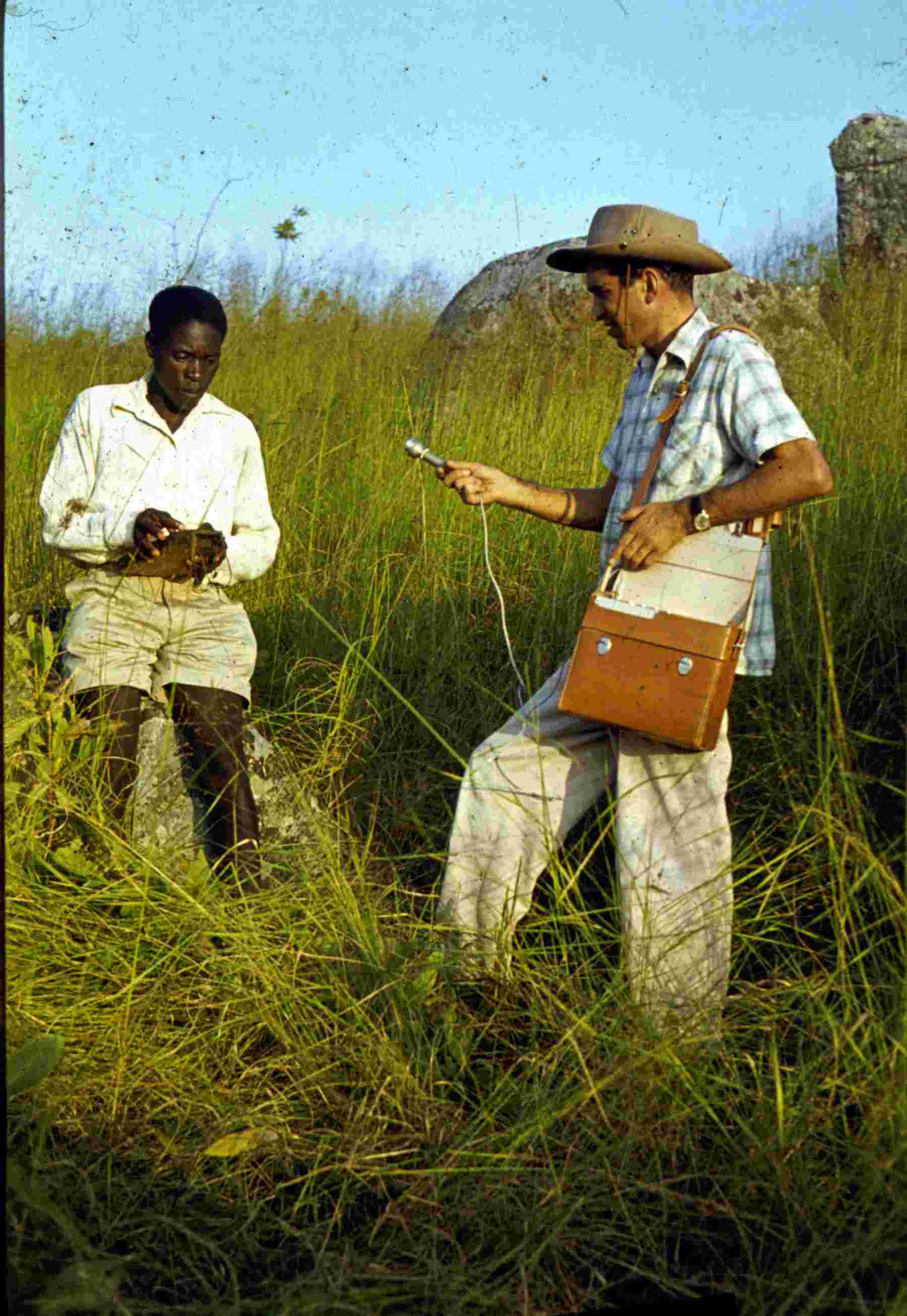|
Welcome to the Africa Project
 In 1961, German church musician Werner Both and his family were invited to Tanzania where the Lutheran missionaries were in need of a music teacher. Always up for an adventure, Werner accepted. In 1961, German church musician Werner Both and his family were invited to Tanzania where the Lutheran missionaries were in need of a music teacher. Always up for an adventure, Werner accepted.
However, within weeks he observed that the rapidly changing political and social influences of the era were bringing with them irreversible, detrimental side effects: traditional songs, dances and crafts that wove the very fabric of the indigenous culture around him were at high risk of becoming extinct.
In the face of opposition, but also with the help of a few fervent supporters, Werner began encouraging his students to stay true to the colors and rhythms of their own culture, singing the gospel using their own music, traditional instruments and style. This visionary and idealistic teacher, tape recorder and film/photo cameras at his side, set out in his Volkswagen van, traveling through Tanzania, Kenya, Uganda, the Congo and beyond, gathering knowledge and documenting the songs, dances and rituals of the endangered cultural past.
Lake Victoria, Africa
(NASA Image)
|
During a seven-year period, Werner’s personal mission culminated in the creation of the Ruhija Music Centre (now called the Ruhija Evangelical Academy School of Music), where the education and celebration of traditional tribal arts flourished alongside the creation of new African songs performed on ancient African instruments. This centre for the preservation and continuation of East African music became a communal meeting place where students and artisans could celebrate their stories, knowledge and skills.
Almost half a century later, his unique collection of original recordings and rare film footage is now being made accessible to researchers, music lovers and the general public with the assistance of university professor and musicologist Dr. Christoph Both, Acadia University, Nova Scotia, Canada.
This collection covers musical examples from the radical transition of church music of ethnic origins to an entirely new category. the new African sacred song. It represents a fascinating documentary of both the assimilation and rejection process of Western values amidst radical political and cultural changes, finally causing an irreversible disruption of cultural bonds and musical traditions. Today, his tapes contain the sole evidence of once alive cultural goods, now extinct from East Africa's repertoire.
Our hope is that this project will appeal to those who hold interest in ethnic and sacred African music, both students and scholars alike, from the perspectives of both detailed research and general interest. Highlighting music-ethnological/cross-cultural research, especially in the areas of religious studies and black minorities, this collection is an outstanding resource for further musicological studies.
The collection is presented in the form of a web based, innovative graphical user interface, displaying the digital audio sound files, slide images and movie files, cross-referenced with a powerful database, offering advanced search capabilities. Included also are text files with background information on song texts, their translations and geographical or ethno-musicological details.
|

